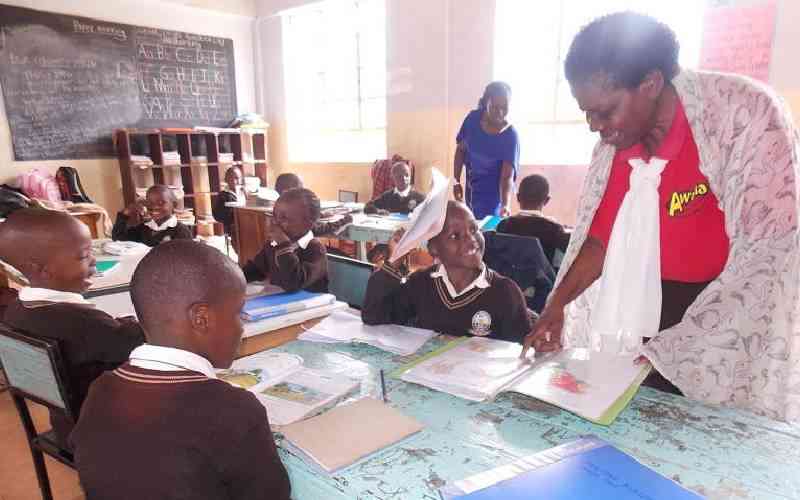×
The Standard e-Paper
Fearless, Trusted News

The transition from the 8-4-4 education system in Kenya's primary schools ends with the marking of this year's KCPE exams.
But, with that, other transitions begin. They come with many grave focal issues, besides the regular logistical concerns.